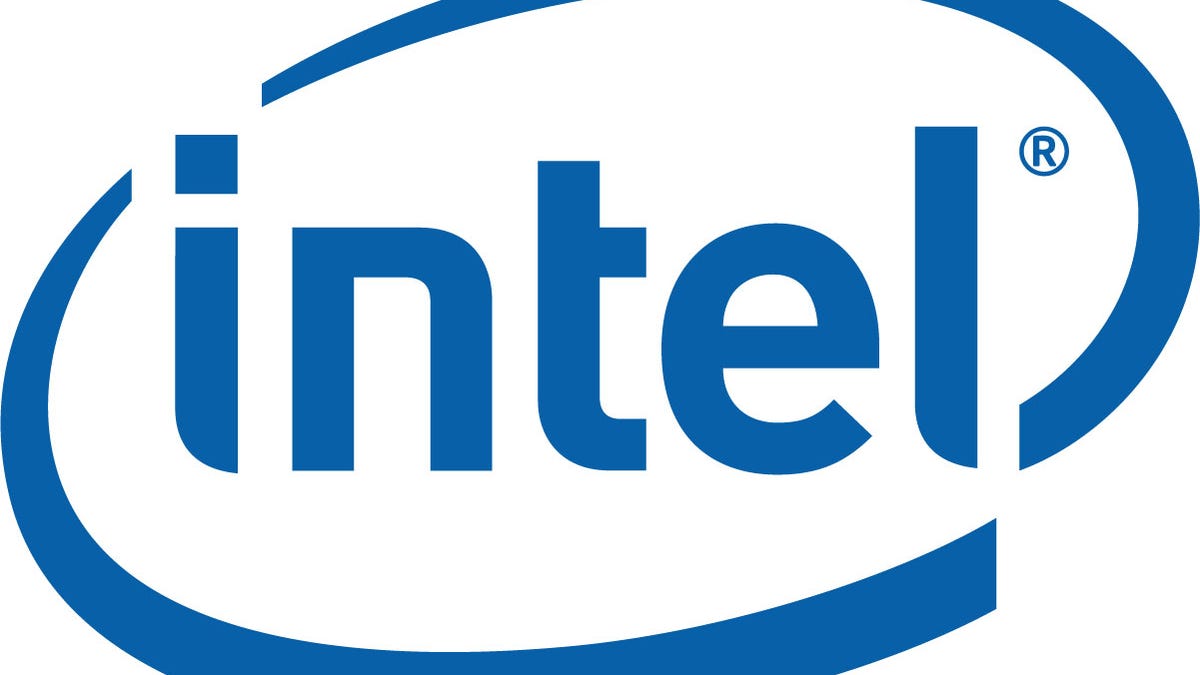Intel takes chipset dispute with Nvidia to court
Intel sues Nvidia over the latter's right to create and sell motherboard chipsets that support Intel's Nehalem class of desktop processors.

Updated at 9:15 a.m. PST with official comment from Intel.
Bit-tech.net tipped us off Wednesday morning that Intel has sued Nvidia over the latter's right to create and sell motherboard chipsets that support Intel's Nehalem (aka Core i7) class of desktop processors.
We haven't heard much about this fight since May 2008, although since that time
We spoke to Derek Perez, Nvidia's head of public relations, Wednesday morning, and he provided some clarity on the nature of the court filing, as well as Nvidia's take on the filing, which he says is actually a request for an injunction to prevent Nvidia from manufacturing a Nehalem chipset.
"We have a cross-licensing agreement with Intel, entered into about four and a half years ago. Intel is now basically saying the cross-license agreement doesn't apply to future bus interfaces, specifically DMI, (the direct media interface Intel uses to link the Nehalem CPU to a system's memory, a new feature for Nehalem chipsets). Intel has now filed an injunction against us, basically trying to stop us from innovating on DMI.
"We believe our business license with Intel lets us build chipsets for Intel CPUs," Perez said, "specifically for CPUs with integrated memory controllers (such as DMI). The PC has become a GPU-based platform as much as a CPU-based platform, and Intel is trying to delay that inevitable shift. They're trying to do everything they can to slow that down and it's because they recognize the importance of the GPU."
This sentiment was echoed by Nvidia's official press release on the court filing, which hit our in-box while we had Perez on the phone.
"'We are confident that our license, as negotiated, applies," said Jen-Hsun Huang, president and CEO of Nvidia. "At the heart of this issue is that the CPU has run its course and the soul of the PC is shifting quickly to the GPU. This is clearly an attempt to stifle innovation to protect a decaying CPU business."
Among other things, Intel makes CPUs and the circuitry (aka "chipsets") that goes in the motherboards to which those CPUs connect. Nvidia makes 3D cards (aka "GPUs," for graphics processing unit), and it has licensed chipset technology from both AMD and Nvidia to make its own chipsets that support each CPU vendors' respective processors.
Within the last year or so, Nvidia has also aggressively pitched its GPUs as more than simply gaming hardware. By virtue of its CUDA software, and others' software that performs a similar task, Nvidia has begun encouraging software developers to offload certain programming tasks (generally multimedia-oriented operations) from the CPU to the GPU. If this type of programming becomes widespread, Nvidia can then argue that the graphics processor is more important than the traditional CPU to the way we actually use our computers.
Whether Intel's CPU business is decaying is up for debate. Financially speaking, recent shipment data from analyst house IDC indicates that while Intel is maintaining its CPU market share, its revenues are down from 2007, and the outlook for the first half of 2009 is similarly disheartening.
Despite that bad news, a recent announcement that Intel is ramping up its chip production schedule indicates that Intel is willing to take aggressive steps to further its market lead over AMD. This production ramp will also speed the introduction of new mobile chips that include a built-in GPU, a competitive move against Nvidia as well.
For Nvidia's part, its business has also been challenged lately, with layoffs in September 2008, pay-cuts, and a similarly tough outlook for the coming year. And while Nvidia's charge that Intel's CPU business is "decaying" is largely gamesmanship, if financial performance is the primary indicator of healthy technology, Intel could just as easily make the same accusation about Nvidia.
Here's Intel's official comment: "Intel has filed suit against Nvidia seeking a declaratory judgment over rights associated with two agreements between the companies. The suit seeks to have the court declare that Nvidia is not licensed to produce chipsets that are compatible with any Intel processor that has integrated memory controller functionality, such as Intel's Nehalem microprocessors and that Nvidia has breached the agreement with Intel by falsely claiming that it is licensed.
"Intel has been in discussions with Nvidia for more than a year attempting to resolve the matter but unfortunately we were unsuccessful. As a result Intel is asking the court to resolve this dispute. It is our hope that this dispute will not impact other areas of our companies' working relationship."

